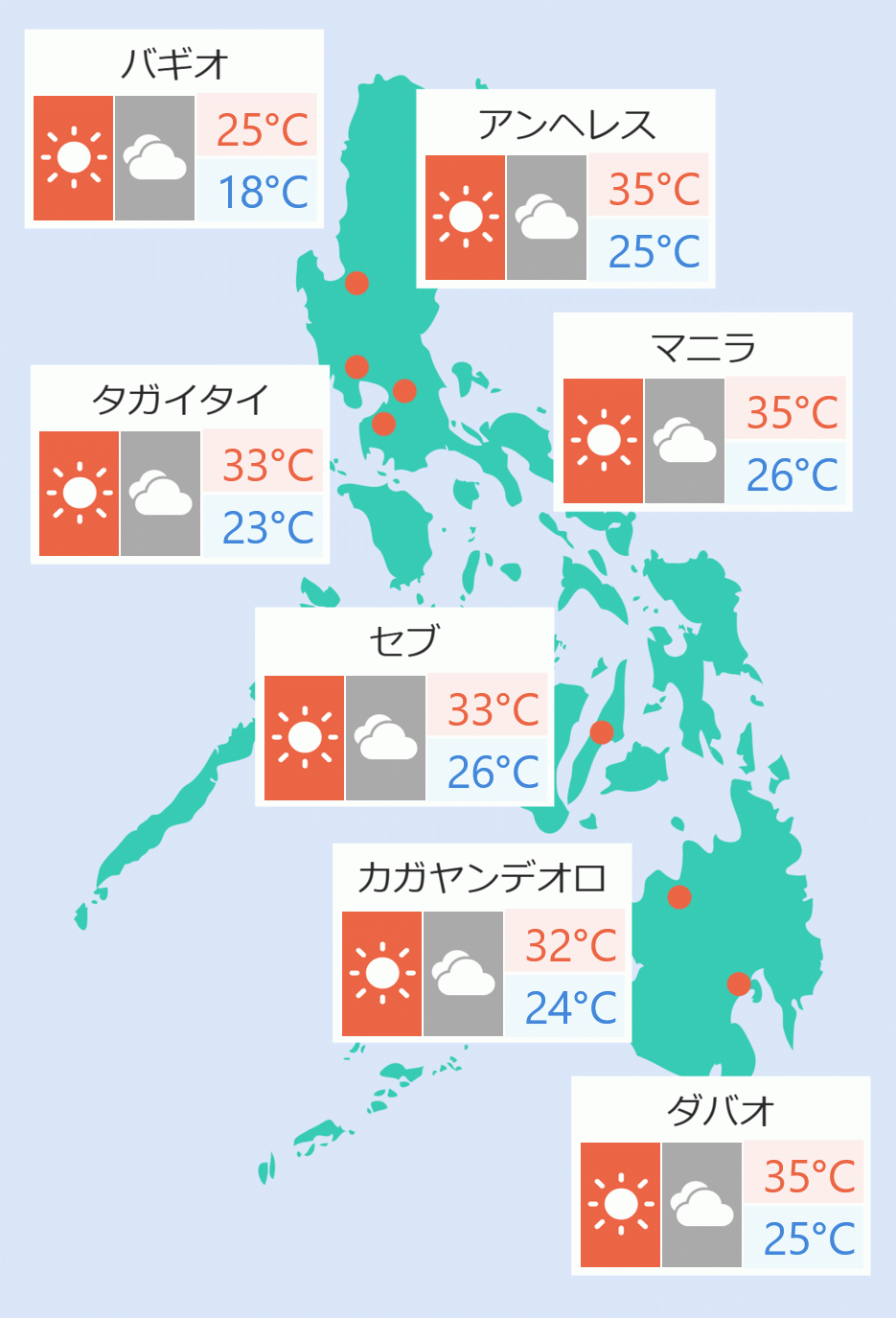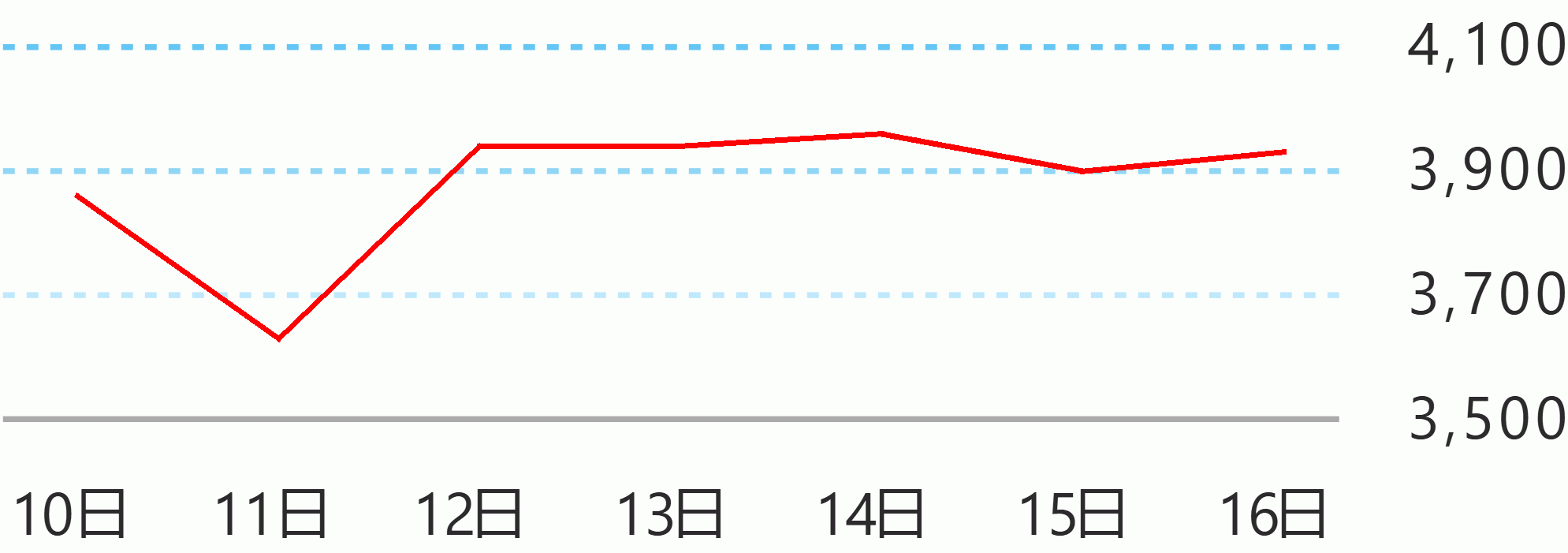The "Philippine economy will likely be collateral damage" although the Ukraine conflict with Russia does not directly involve the country, Finance Secretary Carlos Dominguez III said on Monday night.
"I would like to start by saying that the conflict between Russia and Ukraine does not involve us directly. However, because neither Russia nor Ukraine is a major trading partner of ours instead, the Philippine economy will likely be collateral damage. It is as if we are hit by a ricocheting bullet," Dominguez said during Talk to The People with President Rodrigo Duterte.
Dominguez said the indirect shocks are likely to be felt through four major channels which are the commodity market, the financial market, investments, and the impact on our fiscal health.
He noted that the oil and food prices are expected to go up as Russia is the largest exporter of natural gas and wheat; while Ukraine is the fourth largest exporter of corn.
"As the conflict continues, Ukraine and Russia’s main trading partners, predominantly the European Union, will look to trade with other countries such as the US and China, where we are buying both wheat and corn, thereby pushing up the prices of commodities in these markets as well," he said.
"The conflict will also likely cause a surge in interest rates or cost of borrowing which was already expected to go up even prior to the crisis because of the US Fed’s tightening of monetary policies. The conflict will increase the perception of risk in investments," he added.
Dominguez added that "investments are likely to decline or at least be on hold in the face of uncertainty, which may cause investors from the West to be more conservative or postpone their planned investments.
"Once sanctions are imposed, it will take a long time for investor and consumer confidence to return to normal," he said.
"Lastly, all the aforesaid economic impacts will likely require government support to protect our vulnerable citizens and the critical sectors most affected by the crisis and this will stretch our budget even further," he added.
However, Dominguez expressed confidence that the Philippine government has necessary preparations to help Filipinos on the possible effect of the crisis.
"I would like to emphasize that we do not expect this crisis to last very long. However, there may be some lingering effects we have had. We have seen similar crises in the past such as the Gulf War in 1990, the Asian financial crisis in 1997, the oil price shock of 2008, and also the first Russia-Ukraine conflict in 2014, and we have weathered all of these crises very well," he said.
"We have experienced crises whose effects were more severe and direct to the economy such as the Asian financial crisis in 1997 and the global financial crisis in 2008," he said.
"These crises lasted much longer and yet we were able to get through them. Based on these experiences, we are confident that we have the tools and the preparation necessary to help our people through this crisis," he added. Robina Asido/DMS




 English
English











